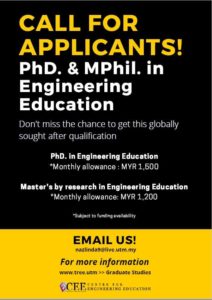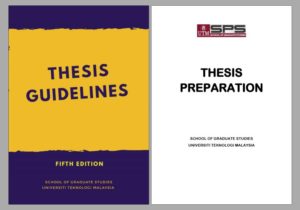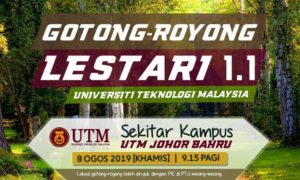I showed my pouch to some of my colleagues. They are quite amazed that I have a time to sew a pouch. I told them that I only take few hours to complete one pouch. Dr Narina and Dr Norah asked me if I make the pouch for sale. Err… nope. It is not for sale.
Why am I having this new hobby? I need to use my fingers to enhance (or at least maintain) my fine motor skills. I know that I am not getting any younger. I find myself having muscle strain on my hand/fingers whenever I use my laptop/mouse or handphone longer than I should with no intermittent break. This is not good. So, I need to strengthen my fine motor skills. I don’t want to do some exercise per se without seeing any tangible product/result. What is the best way to unwind and at the same time, I can get tangible result? Other than gardening, it is sewing. Back to basic.
As I am already in my “4 series” age, to put a thread in a needle is challenging but I try my best to keep myself occupied with non-academic work-related stuff. I know that some might perceive this as counter-productive, but what a heck. I need to keep my life in balance. I need to relax and unwind, doing something “productive”. 😀
So, now I have two polka dot pouches. Identical. One is slightly bigger size. For the small pouch, I use 8inch zipper and for the bigger pouch I use 10inch zipper. It does make a bit difference. I don’t know what I will put inside the bigger pouch. Perhaps I will use it to put my mouse and laptop charger.
[Psstt… this is hand-sewn so to make it A4 size might take longer than few hours]





